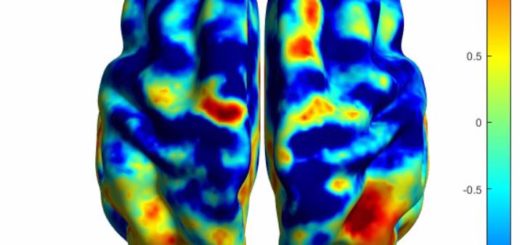Cerebello-basal ganglia connectivity fingerprints related to motor/cognitive performance in Parkinson’s disease
Kazuya Kawabata, Hirohisa Watanabe, Epifanio Bagarinao, Reiko Ohdake, Kazuhiro Hara, Aya Ogura, Michihito Masuda, Toshiyasu Kato, Takashi Tsuboi, Satoshi Maesawa, Masahisa Katsuno, Gen Sobue
Abstract
Introduction
The role of the cerebellum in Parkinson’s disease (PD) has attracted increasing attention; however, the role of functional connectivity (FC) between the basal ganglia and particular cerebellar subregions remains to be elucidated. We aimed to clarify the FC and its contribution to motor and cognitive performances in patients with PD.
Methods
We included 99 patients with PD and 99 age- and sex-matched healthy controls in this study. We created a cerebellar functional parcellation by performing cerebellum-only independent component analysis. Using the functional parcellation map, we performed seed-based connectivity analysis using each region as a seed and extracted the mean correlation coefficients within the thalamus and basal ganglia, including the caudate, pallidum, putamen and subthalamic nucleus. We examined the group differences and correlations with the motor and general cognitive scores. In addition, we conducted a mediation analysis to clarify the relationship among FC, motor severity, and cognition.
Results
The PD group showed decreased FC between a wide range of cerebellar subregions and the basal ganglia. Motor severity was correlated with FC between the subthalamic nucleus and posterior Crus I/II, and general cognitive performance scores correlated with FC between the caudate nucleus and medial-posterior part of the Crus I/II (p < 0.05, corrected for multiple comparisons). The cerebello-caudate network had a direct effect on cognitive performance (p = 9.0 × 10 −3), although partially mediated by motor performance (p = 8.2 × 10 −3).
Conclusion
FC between cerebellar Crus I/II and divergent basal ganglia related to motor and cognitive performance in PD.


